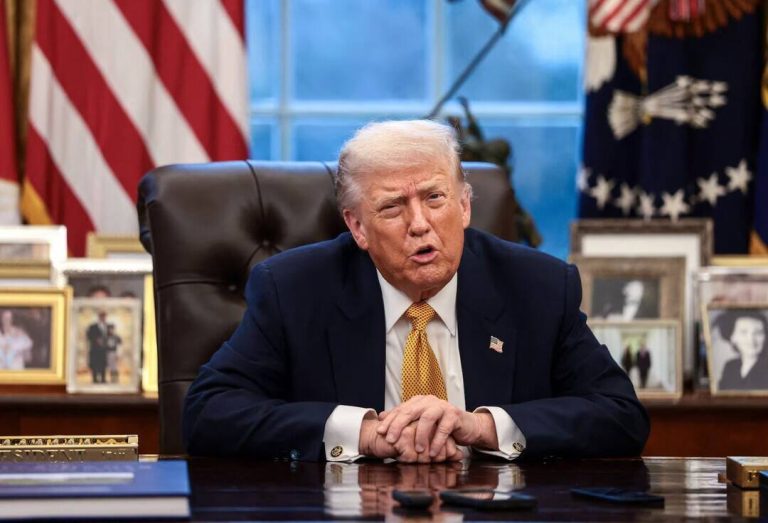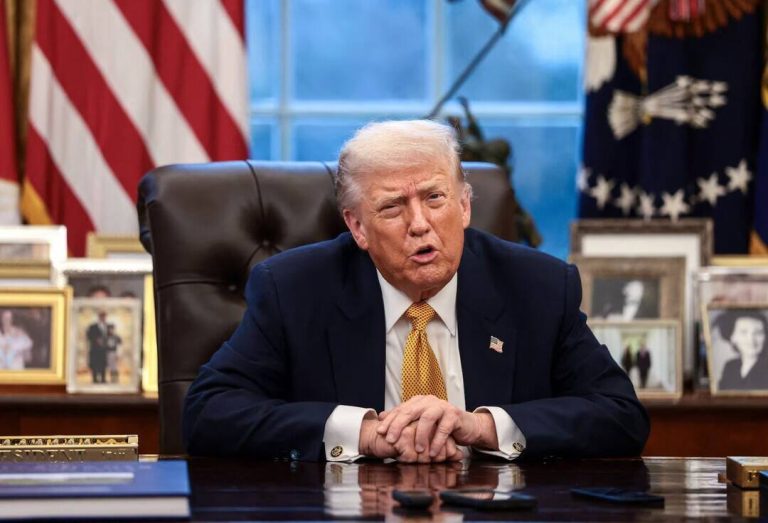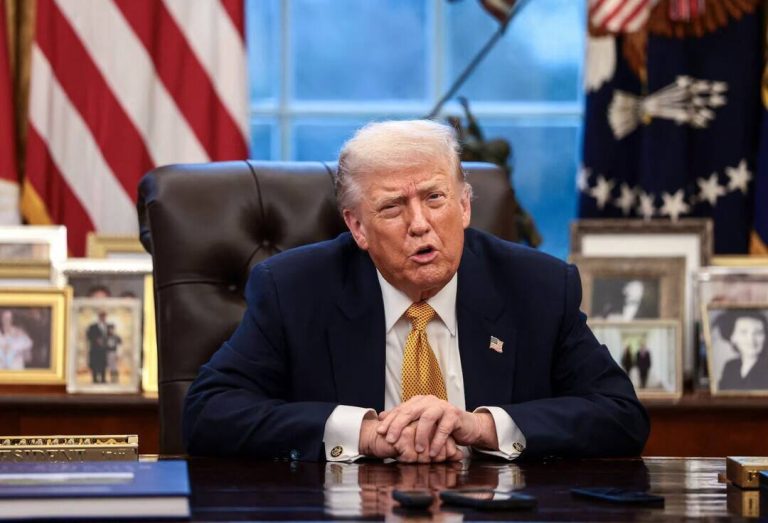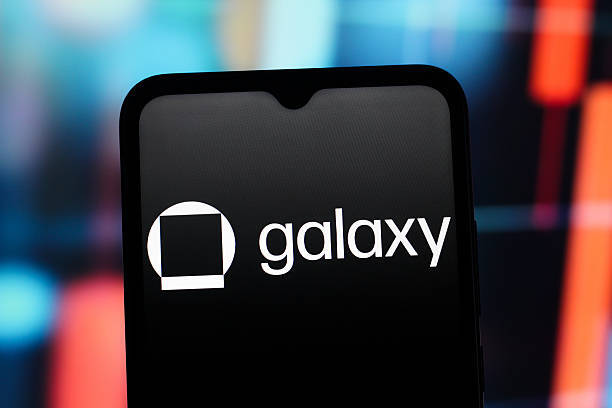
Wales snaps & leaves interview after host asks, ‘You’re Wikipedia’s Founder or Co-Founder?’
In a shocking turn of events, Jimmy Wales, the founder of Wikipedia, lost his temper during a podcast interview when the host asked him if he was the founder or co-founder of the online encyclopedia. The incident has sparked a debate about the role of Larry Sanger, who is often credited as the co-founder of Wikipedia. Wales has previously contested Sanger’s contributions to the project, and it seems that the topic is still a sensitive one for him.
The interview started innocently enough, with Wales introducing himself as the founder of Wikipedia. However, things took a turn for the worse when the host asked him to clarify whether he was the founder or co-founder of the platform. Wales was taken aback by the question and responded angrily, saying, “It’s the dumbest question in the world.” He seemed to be offended by the implication that he might not be the sole founder of Wikipedia.
When the host pressed him further, asking him to explain why he thought the question was dumb, Wales became increasingly agitated. He refused to engage with the host, saying that he didn’t want to have a conversation about it. Despite the host’s attempts to apologize and move on, Wales stood up and walked out of the interview. The whole exchange lasted less than a minute, but it was enough to leave a lasting impression on the host and the audience.
The incident has sparked a debate about the role of Larry Sanger in the founding of Wikipedia. Sanger is often credited as the co-founder of the platform, but Wales has previously contested his contributions. According to Wales, Sanger’s role was limited to helping him develop the concept of Wikipedia, but he did not play a significant part in the actual creation of the platform.
Wales has been vocal about his disagreements with Sanger in the past. In 2007, he told the New York Times that Sanger’s contributions to Wikipedia were “not very significant.” He also said that Sanger had left the project in 2002, after which Wales took over and developed the platform into what it is today.
Sanger, on the other hand, has a different version of events. He claims that he was instrumental in developing the concept of Wikipedia and that he worked closely with Wales to create the platform. He has also said that he was the one who came up with the idea of using a wiki to create a free online encyclopedia.
The debate about the founding of Wikipedia is not just about who deserves credit for creating the platform. It also raises questions about the nature of collaboration and innovation. Wikipedia is a platform that relies on the contributions of thousands of volunteers from around the world. It is a testament to the power of collaborative work and the idea that knowledge should be free and accessible to everyone.
In this context, the question of who founded Wikipedia is less important than the fact that the platform exists and has become an indispensable resource for people all over the world. Whether Wales or Sanger deserves more credit for creating Wikipedia is a matter of debate, but it is clear that both men played a significant role in shaping the platform into what it is today.
The incident also highlights the challenges of interviewing public figures. The host’s question may have been innocent, but it touched a raw nerve with Wales. The exchange is a reminder that even the most seemingly innocuous questions can be sensitive and that interviewers need to be aware of the potential pitfalls of asking certain questions.
In conclusion, the incident involving Jimmy Wales and the podcast host is a reminder that the question of who founded Wikipedia is still a sensitive topic. While Wales has contested Larry Sanger’s contributions to the platform, it is clear that both men played a significant role in shaping the online encyclopedia into what it is today. The debate about the founding of Wikipedia raises important questions about collaboration, innovation, and the nature of knowledge. As the platform continues to evolve and grow, it is likely that the debate about its founding will continue to be a topic of discussion.






